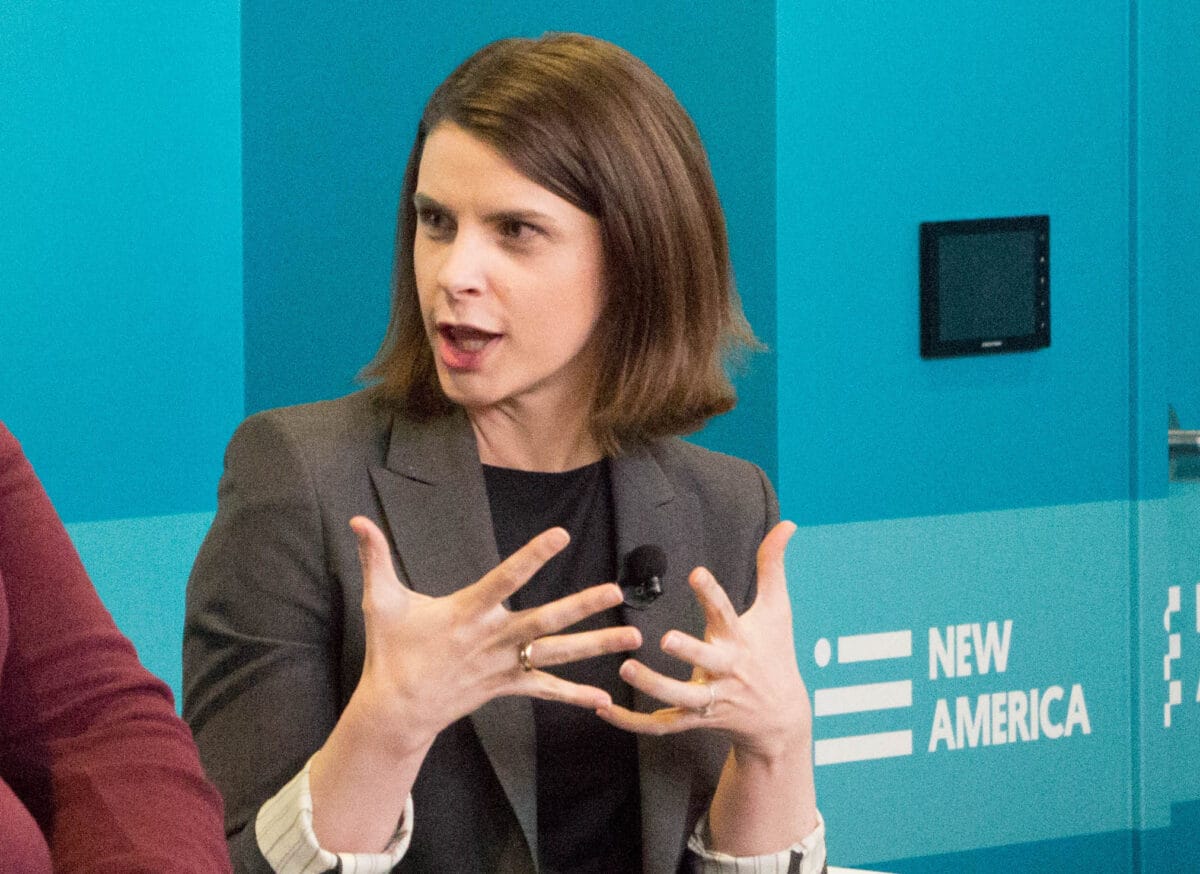Confirming 2020 Election Results Could Prove Challenging, Say Brookings Panelists
July 29, 2020 — According to governance experts, the upcoming November election will operate on a significantly different timeline than traditional U.S. elections. The majority of Americans, 60 to 65 percent, are expected to vote by absentee ballots in the 2020 election, said Elaine Kamarck, foundin










Member discussion